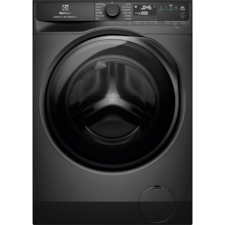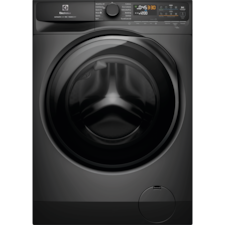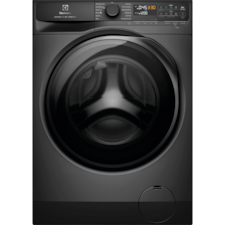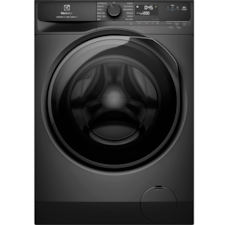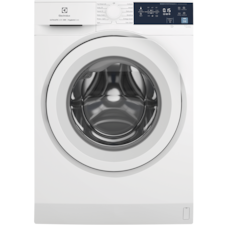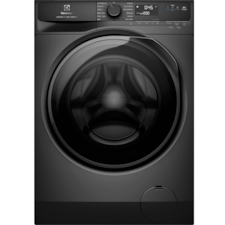Struggling with stubborn stains? Use these proven tips to get your clothes looking fresh again, no matter what life throws at them.
Quick Steps to Remove Any Stain
When it comes to tough stains, acting quickly is essential to prevent them from setting in. How to remove tough stains in clothes—quick steps:
- Blot—don’t rub—the stain to lift excess residue.
- Rinse the area with cold water (use warm water only for oil/grease stains).
- Pre-treat with detergent, baking soda, or a stain remover; gently work it in.
- Wait 5–10 minutes, wash as recommended by the garment care label.
- Before drying, check if the stain is gone—heat can set stains permanently.
Watch this clip to learn practical ways to tackle everyday stains using the right programs and techniques.
Quick Reference Table: The Best Ways to Remove Every Type of Stain
The most common stains (oil, ink, blood, wine, etc.) with the best first-aid action and recommended treatments.
|
Stain Type |
Immediate Action |
Best Removal Method |
Tips / Cautions |
|
Oil/Grease (link to Remove oil section) |
Blot, sprinkle baking soda |
Pre-treat with dish soap, hot wash |
Don’t use cold water for oil stains |
|
Blood (link to Remove blood section) |
Rinse cold water |
Soak, enzyme detergent, cold wash |
Never use hot water (sets blood stains) |
|
Ink ((link to Remove ink section) |
Dab with rubbing alcohol |
Wash, repeat if needed |
Test alcohol on hidden seam for colorfastness |
|
Wine (link to Remove wine section) |
Blot, sprinkle salt |
Rinse with cold water, then enzyme wash |
Act fast! Don’t rub, blot only |
|
Paint (wet) (link to Remove paint section) |
Rinse, blot |
Soap, rinse, repeat |
For dried paint, use remover only if fabric allows |
|
Mould (link to Remove mould section) |
Brush off outdoors |
Soak in vinegar, wash hot |
Soak in well-ventilated area, avoid mixing bleach with vinegar |
How do I remove oil stains from clothes?

Oil stains, whether from cooking or automotive grease, can be tough to tackle. Acting quickly is crucial for best results. Steps to effectively remove oil stains from your clothes:
- Blot the excess oil with a paper towel or cloth (avoid rubbing to prevent spreading).
- Sprinkle baking soda or cornstarch on the stain and let it sit for 10–15 minutes to absorb the oil. Brush off the powder, then apply a small amount of dish soap, gently working it into the fabric.
- Rinse with warm water, and if the stain persists, repeat the process before washing.
- For stubborn stains, pre-treat with a stain remover or a mixture of vinegar and baking soda.
- Soak the garment for 15–30 minutes before washing as usual.
How do I remove ink from clothes?
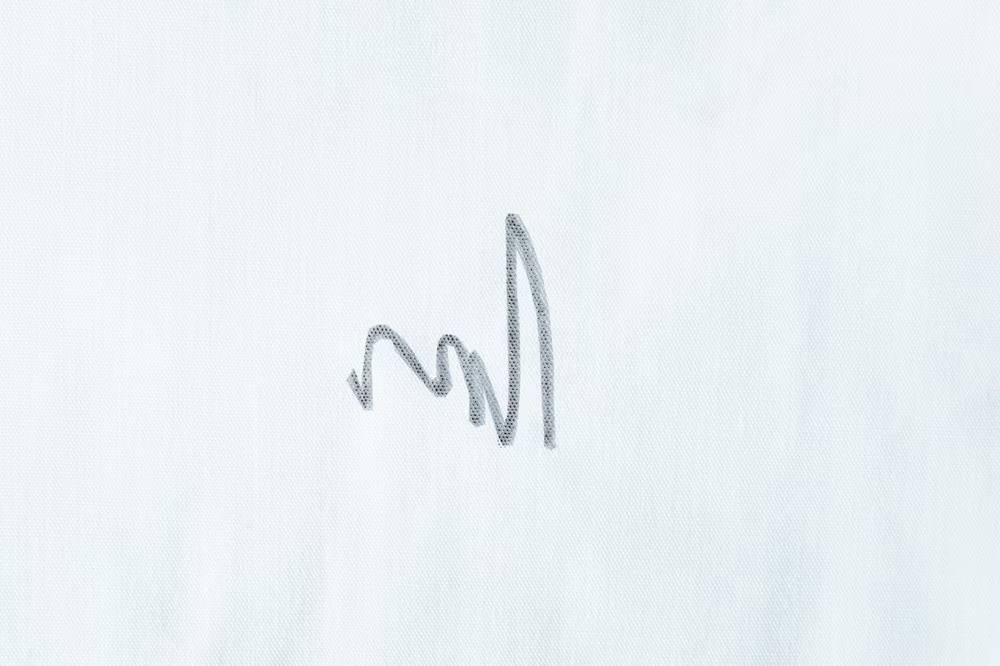
Ink stains can be difficult to remove, especially once dried. Whether the ink is water-based or oil-based, you can tackle it with the following methods:
- Place a cloth or paper towel underneath the stained fabric to absorb excess ink.
- For water-based ink, blot the stain with a damp cloth, then apply a dish soap and water solution. For oil-based ink (such as ballpoint pens), use rubbing alcohol or hand sanitizer by dabbing it on the stain with a cotton ball.
- Gently blot the stain without rubbing to prevent spreading.
- Rinse the garment with cold water and wash as usual.
How do I remove yellow stains from white clothes?
Yellow stains, especially around the underarms of white shirts, can be quite stubborn. Here’s how to remove them effectively and make your clothes white again:
- Soak the garment in a solution of baking soda, hydrogen peroxide, and water for 30 minutes.
- Gently scrub the stained area with a soft brush.
- Rinse thoroughly, then wash the garment as usual. For tougher stains, use a commercial stain remover or oxygen bleach (avoid chlorine bleach on delicate fabrics).
How do I get rid of mould on clothes?
Mould on clothes can cause damage and pose health risks due to allergens. Follow these steps to remove mould stains effectively:
- Brush off the mould spores outside to prevent them from spreading indoors.
- Soak the garment in white vinegar for at least one hour.
- Scrub the stained area gently with a soft brush to lift the mould.
- Wash the garment in hot water, if safe for the fabric, or according to care instructions.
How do I take out blood stains?
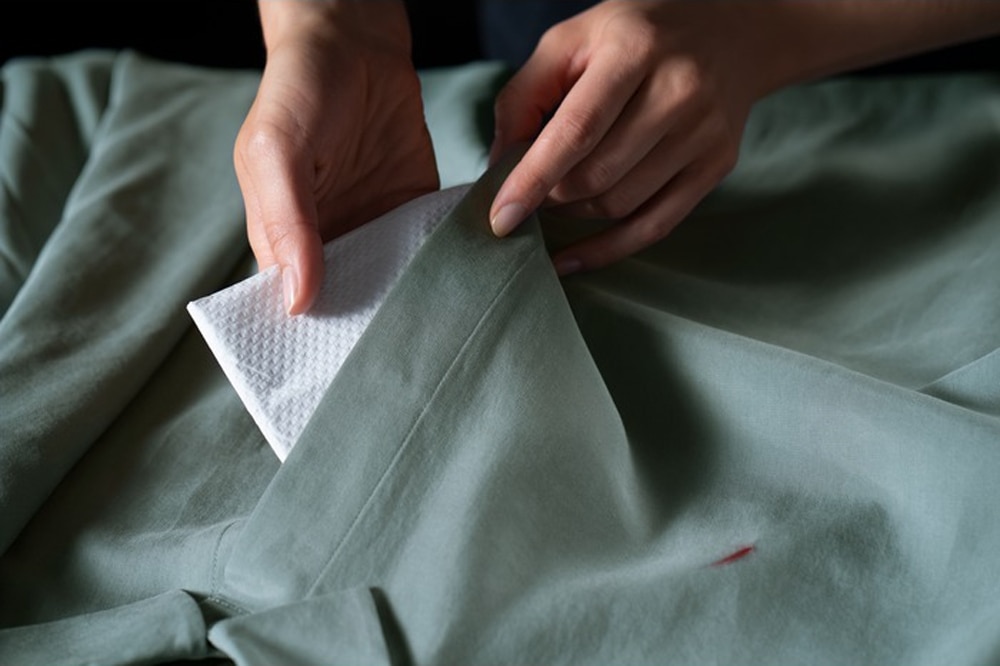
Blood stains can be particularly tricky, especially if they are not treated immediately. The key to removing them is to act fast before the stain sets. Here’s how to tackle blood stains effectively:
- Rinse with cold water: Start by running cold water through the stain, which helps to dilute the blood and prevent it from bonding with the fabric. Avoid using warm water, as it can cause the stain to set.
- Soak in a mixture of water and mild detergent: After rinsing, soak the stained area in a solution of cold water and a few drops of detergent for 15–30 minutes.
- Apply hydrogen peroxide: For stubborn stains, dab hydrogen peroxide directly onto the stain. Allow it to fizz for a few minutes before blotting it away with a clean cloth.
How do I remove paint from clothes?
Paint stains can be challenging, especially when they dry. Whether you’re dealing with water-based or oil-based paint, there are methods to remove paint stain from clothes effectively:
- For water-based paint: While the paint is still wet, rinse the fabric under cold water, then apply a small amount of dish soap and gently rub the stain. Rinse and repeat as necessary.
- For oil-based paint: Scrape off any excess dried paint and treat the area with a solvent such as turpentine or rubbing alcohol. Gently blot the stain before washing the garment in warm water.
What’s the best way to remove other stubborn stains?
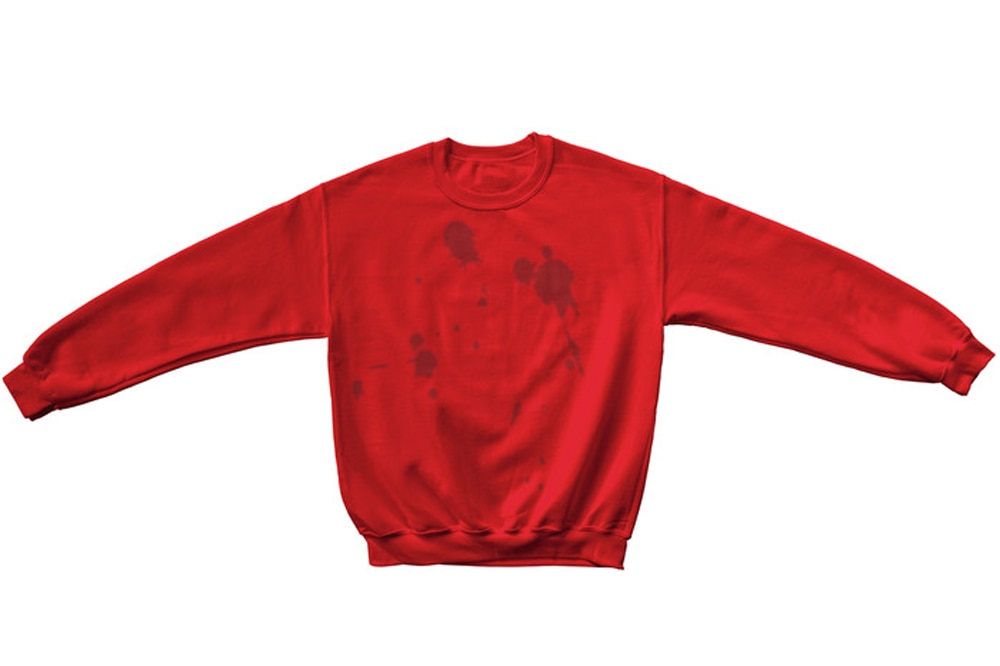
Some stains, like coffee, tea, wine, and grass stains, can be particularly difficult to remove. Here are a few methods to tackle these stubborn stains:
- For coffee or tea stains: Blot the stain with a mixture of vinegar and water or apply a stain remover spray before washing the garment.
- For wine stains: Immediately blot the stain with cold water and sprinkle salt on it to absorb the liquid. Then, rinse with a mixture of cold water and vinegar.
- For grass stains: Apply a small amount of laundry detergent or dish soap directly to the stain. Gently scrub it in and let it sit for a few minutes before washing.
What stain removers work best for clothes?
In this section, we’ll explore some of the most common stain removers, how they work, and the types of stains they’re best suited for.
|
Stain Remover |
Best For |
How to Use |
|
Dish soap |
|
Mix with warm water, gently rub onto stain, rinse, repeat if needed, then wash. |
|
Baking soda |
|
Sprinkle on stain, let sit 10–15 min, brush off, then wash as usual. |
|
White vinegar |
|
Mix 1:1 with water, apply to stain, wait a few min, rinse, then wash. |
|
Rubbing alcohol |
|
Dab alcohol onto stain, blot gently, rinse, then wash. |
|
Hairspray |
Ink stains |
Spray on ink, wait a few min, blot with cloth/paper towel, then wash. |
|
Nail polish remover* |
Stubborn ink (test fabric first) |
Dab onto stain with cotton ball, blot, rinse thoroughly, then wash. |
|
Bleach* |
|
Dilute, soak stained area, rinse well, then wash (on hidden area first) |
*Always test strong cleaners like nail polish remover or bleach on an inconspicuous area first to avoid damage and avoid using on delicate fabrics.
Simplify stain removal with Electrolux washing machines
Electrolux washing machines, equipped with advanced features, provide a solution by ensuring optimal stain removal while being gentle on clothes.
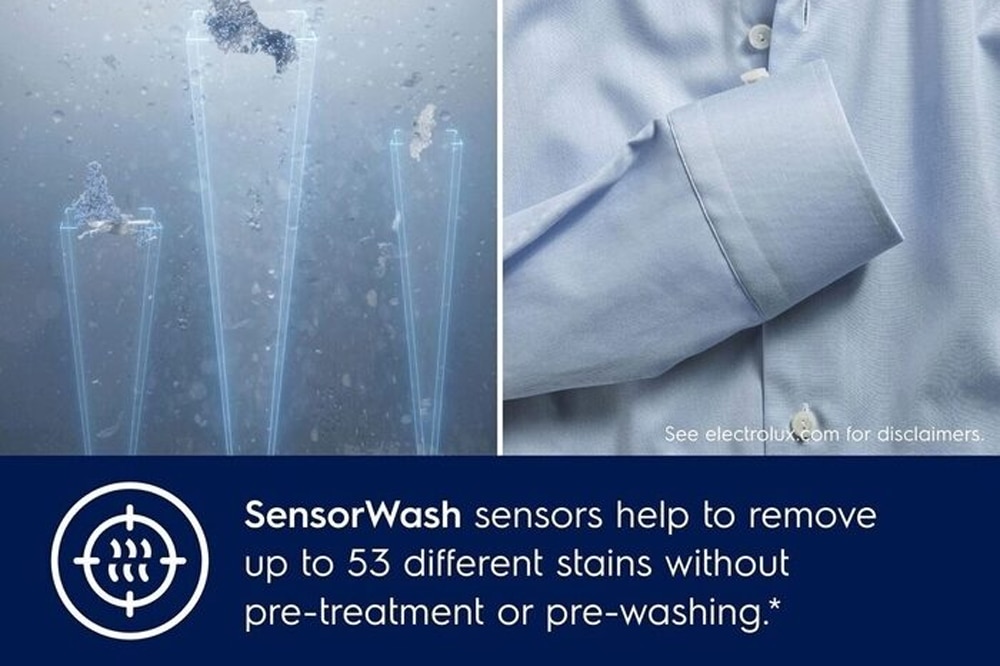
- SensorWash Technology: Automatically detects soil levels and adjusts the cycle for thorough cleaning, preventing over-washing and protecting delicate fabrics.
- Eco-Friendly Efficiency: Reduces water and energy use, saving on utility bills without sacrificing cleaning performance.
- Customisable Settings: Offers a range of cycles for different fabrics and stain levels, from delicates to heavily soiled items.
-
- SensorWash helps remove up to 53 stains.*
- IntelliQuick selects best load based programme.
- Refresh clothes with vapour, without washing.
-
- SensorWash helps remove up to 53 stains.*
- IntelliQuick selects best load based programme.
- King-sized duvet* treated and dried in 60 mins.
-
- SensorWash helps remove up to 53 stains.*
- IntelliQuick selects best load based programme.
- CareDrum gently cares and protects your laundry.
FAQs about how to remove tough stains from clothes
-
1. Can baking soda and vinegar remove stains together?
Yes, baking soda and vinegar combined can effectively remove stains by creating a gentle but powerful fizzing reaction that lifts dirt and odours from fabrics. Apply the mixture, wait 5–10 minutes, and wash as usual.
-
2. How do I prevent stains from coming back after washing?
To prevent stains from reappearing, ensure they’re completely removed before drying clothes, as heat can set stains permanently. Always pre-treat stains and inspect the garment carefully after washing. If stains remain, repeat treatment before drying.
-
3. What shouldn’t you do when handling tough stains?
Avoid rubbing stains vigorously, as it can push them deeper into the fabric. Never use hot water on protein stains like blood, as heat sets these stains. Always blot gently and treat stains promptly for best results.

